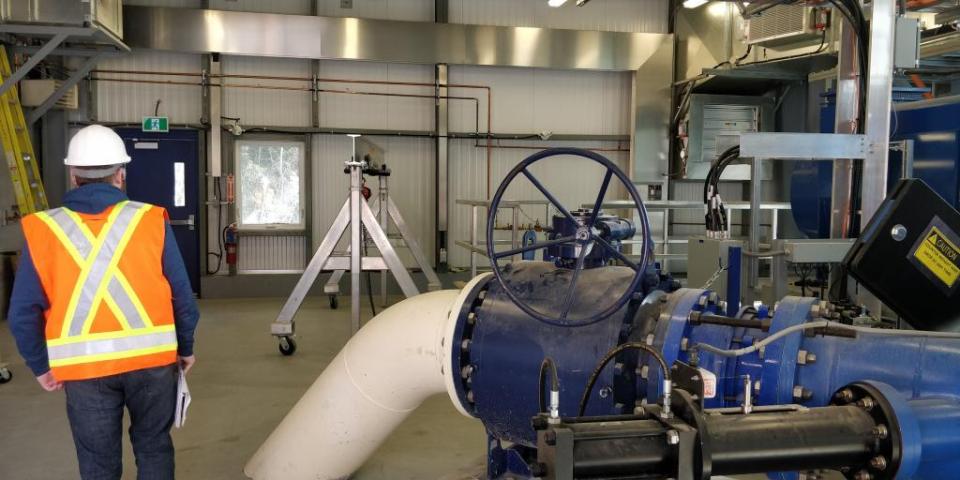
Humans have relied on fossil fuels for centuries. We have used fossil fuels as sources of energy for our various daily needs since the start of the industrial revolution in the 1760. By the mid-1800s, people were using oil for many purposes such as:
- electricity;
- heating;
- transportation; and
- manufacturing.
These advancements improved many aspects of life that we continue to enjoy today. However, we now know that these benefits came at the cost of our environment and our climate.
The use of fossil fuels has a deep-rooted anchor in our daily lives. It’s convenient, reliable, accessible, efficient and cheap. Renewable energy sources such as solar, hydro-generation, wind turbines and biomass are relative newcomers.
As a society, we’re biased: our assignment of value is often skewed towards familiarity and comfort. We like to continue doing things how we’ve always done them, and we’ve relied on fossil fuels for centuries. It’s difficult to compare apples to apples when we’re predisposed to favour our comfort zone. This is even more true in the Yukon, where the winters are cold and dark – there's little energy to spare when we need it the most.
The growing impact of climate change and the recent series of global events underline the increasing need for energy security. Reliable, renewable energy sources will better position our communities to be responsive to a changing environment. We take a risk when we rely on energy sources we import from places far away from us.
We need to re-evaluate how we think about our energy sources. Our selection of energy sources needs to consider several factors before we can determine if it’s the right solution.
We have a strategy to offset fossil fuel use. A part of that strategy includes assessing renewable energy options for over 50 sites across the Yukon. This work is underway. We‘re working with expert consultants to answer questions on alternative energy sources, such as:
- Where are the renewable energy sources in the Yukon and what are they?
- Is this energy source suitable for our buildings?
- How much greenhouse gas emissions will this energy source reduce?
- How much does the energy source cost?
These questions can help us figure out how we can diversify our use of renewable energy across Government of Yukon buildings.
This post is the first of 5 to share how we’re considering different renewable energy sources for our buildings. Stay tuned for more articles on how we’re exploring the potential use of:
- biomass;
- ground-source heat pumps;
- micro hydro generation; and
- other clean energy solutions.
We’re excited to share what we’ve learned in our investigation into clean energy solutions!
